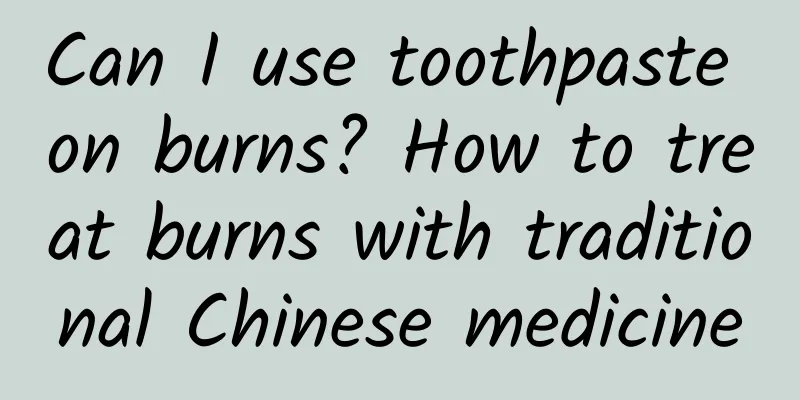What are the dangers of ethmoid sinusitis?

|
The nose is a very important organ in the human body. It is not only an important part of the olfactory system, but also the human body breathes through the nose. The nose is also prone to diseases. Ethmoid sinusitis is a very common one. When facing this disease, people need to understand its harm and causes and then actively take effective measures to treat it. Here we will introduce the harms of ethmoid sinusitis. Ethmoid sinusitis has a great impact on people's daily life. The sinuses are like the guards of the respiratory tract. Once there is a problem, it will affect the function of the lower respiratory tract such as the lungs and trachea, and will also affect the surrounding tissues, such as the brain and eyes. If the condition is serious, it will cause complications that endanger people's lives. The incidence rate is relatively high, especially among young people, which affects their study and work. Ethmoid sinusitis is extremely harmful to the body. It can cause headaches, dizziness, insomnia, forgetfulness, irritability, and irritability. Students' academic performance gradually declines, and they become sleepy, indifferent, and unable to concentrate. It can also become a lesion, affecting inflammation of surrounding tissues, especially eye diseases such as central retinitis. treat [Treatment policy] Inflammation is controlled through medication and local treatments, and chronic ethmoid sinusitis can be treated surgically. [Drug treatment] Penicillins should be used first and in sufficient doses. If allergy or drug resistance occurs, other broad-spectrum antibiotics should be used. [Surgical treatment] Surgery is not recommended during the acute phase. It is used when sinus inflammation spreads outward and causes serious complications to adjacent organs. Surgical treatment can be used when there is no improvement after standardized acute treatment for more than one month or when the condition becomes chronic. The purpose is to improve sinus ventilation and drainage and promote the disappearance of sinus inflammation. Auxiliary surgeries include correction of high nasal septum deflection, nasal polypectomy, partial resection of the middle turbinate, etc. Sinus surgery is divided into: traditional radical sinus surgery and the currently widely used functional endoscopic sinus surgery. [Other treatments] Nasal treatment includes nasal vasoconstrictors, antibiotic nasal drops, and nasal replacement surgery. Physical therapies such as ultrasonic atomization, steam inhalation, and local hot compress can be used. [Prognosis] If acute ethmoid sinusitis is not handled in time or is treated improperly, the mucosa will be severely damaged and lose its normal function. |
<<: How to treat left ethmoid sinusitis?
>>: What is the most effective treatment for sinusitis?
Recommend
What are the functions of vitamin E oil?
Vitamin E oil can generally play an anti-oxidatio...
Why is the holiday so long?
I believe that many people are familiar with the w...
What is chest tightness, shortness of breath, dry cough?
In daily life, many people often experience some ...
Pandan leaves benefits and functions
Although pandan leaves are a common food in daily...
What causes nose bleeding when washing face?
I believe everyone is familiar with nosebleeds. T...
Benefits of Plantain Foot Bath
Foot soaking is one of our ways of health preserv...
Male nipple itching
In life, most women pay more attention to the hea...
How to treat external hemorrhoids
Among all hemorrhoid patients, nearly 40% have ex...
What to do if you have kidney yin deficiency and get angry?
The so-called kidney yin deficiency is a disease ...
What to do if your nose is blocked by rhinitis
We often encounter nasal congestion in our lives....
Will eating very spicy peppers cause inflammation to worsen?
Everyone knows that inflammation is the most comm...
Can I drink green tea after taking medicine?
When taking medicine, drinking green tea generall...
Vulvar itching in elderly women
Generally, gynecological diseases occur more freq...
Abdominal pain in early pregnancy
There are many possible reasons for the pain on o...
How to treat habitual constipation
In daily life, the most painful thing is not bein...









